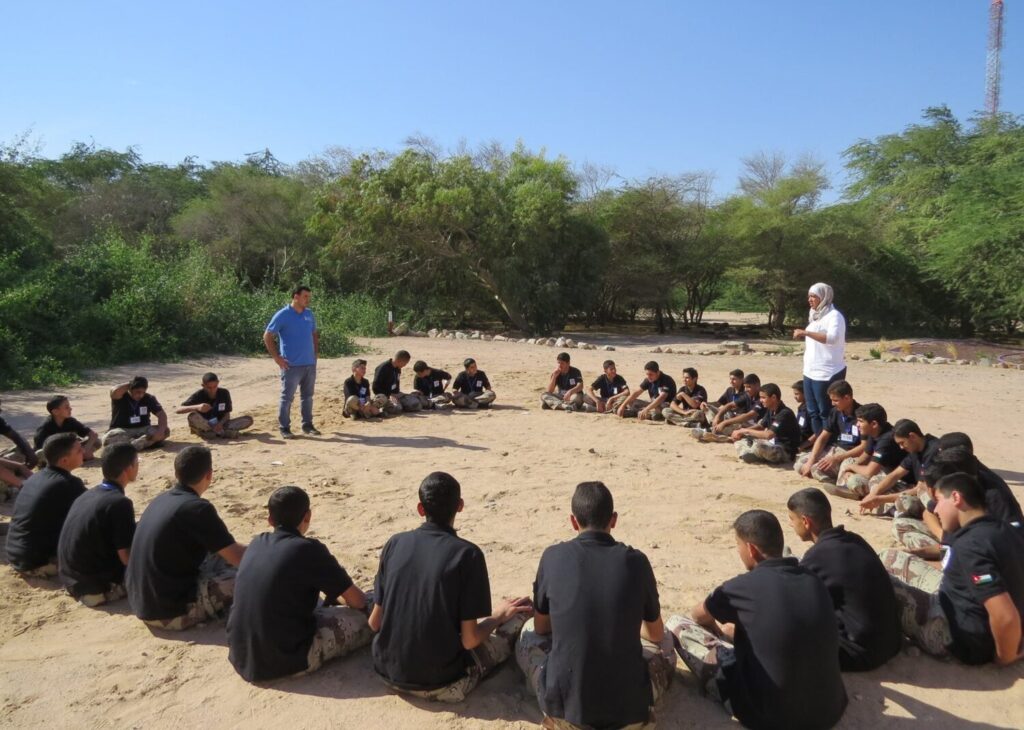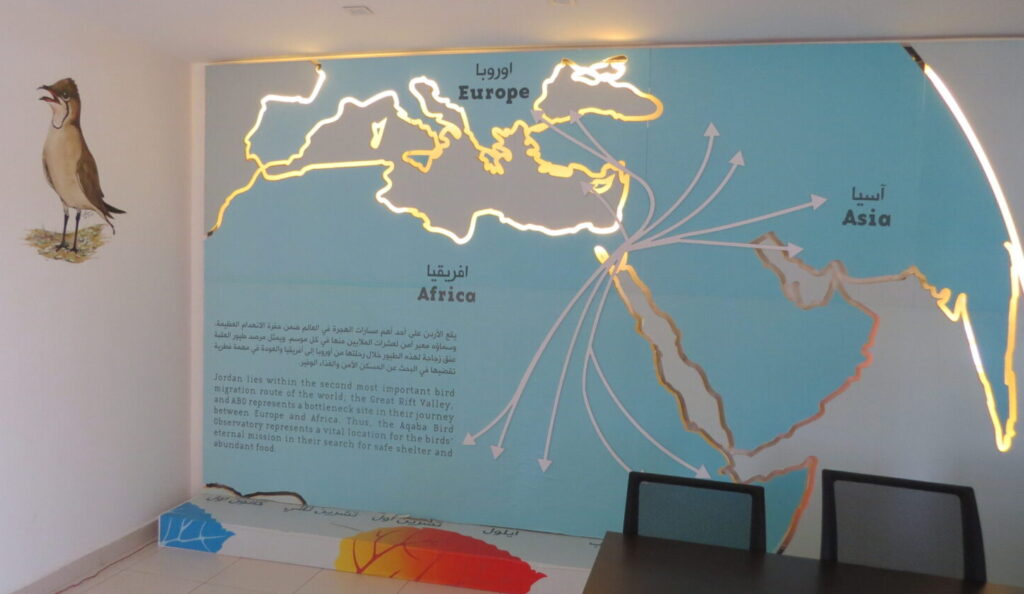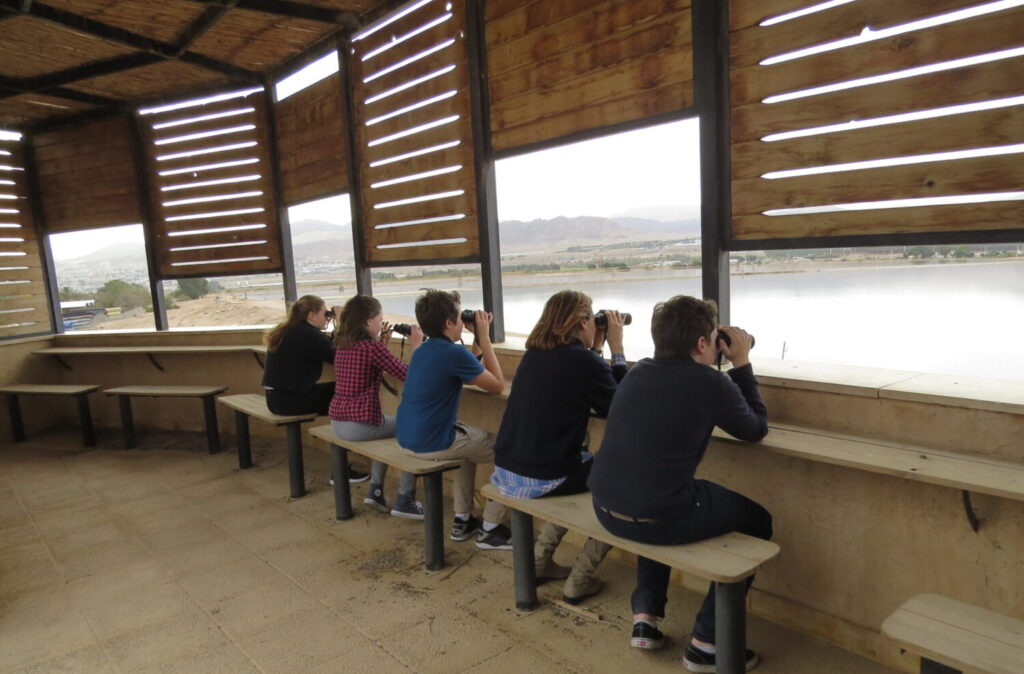Another winner from the Top 100 – Every year, Green Destinations organizes the Top 100 Destination Sustainability Stories competition, which invites submissions from around the world – a vetted collection of stories spotlighting local and regional destinations that are making progress toward sustainable management of tourism and its impacts. As previously, we’ve selected two more stories from the winners, this one from Jordan, where ecotourism adds resilience to a gulf city overly dependent on resort tourism. Synopsis by Yvonne Montoya. Top 100 submission by Feras Rahahleh, Aqaba Bird Observatory Director.

How do you create a flourishing artificial bird sanctuary in the desert?
The Aqaba Bird Observatory (ABO) is an eco-friendly oasis for birds migrating between Eurasia and Africa and for bird watchers hoping to see over 270 different species of birds it attracts.
Climate change had left the region suffering from loss of wetlands and water scarcity. Now artificial wetlands offer shallow and deep waters, herbal plants and a variety of trees to help the birds rest and re-energize so they can continue their long journey.

The observatory took an innovative approach to protecting migrating birds by building strategic partnerships, installing a water sewage treatment plant, and developing a visitor management plan to lessen tourist impact on the birds’ natural migration patterns.
- Partnerships – The ABO credits part of its success in achieving their conservation goals to their various partnerships. Both the Royal Society for the Conservation of Nature (RSCN) and the Aqaba Special Economic Zone Authority (ASEZA) provided financial investments, infrastructure development and policy coordination. The national and international donor community made financial contributions and offered technical expertise that helped fund and support key projects, research activities, and conservation programs. The ABO’s partners also include stakeholders from the local community, environmental organizations, academic institutions and the tourism industry. They have helped generate local support, promoted sustainable practices and brought awareness to ABOs activities.
- Creating wetlands – To alleviate changing climate impacts, the water sewage treatment facility provides the wetlands with a continuous flow of treated water. The observatory carefully manages its water resources and builds new wetlands and habitats by planting trees and bushes reliant on treated water, which also helps mitigate greenhouse gases.
- Managing tourism – The ABO’s visitor management plan helps educate the public on the need to preserve the natural behaviors of the birds. It allows visitors access to wetlands and helps them minimize their impact on the sanctuary. The plan includes creating programs that raise awareness and educate the public about how to observe the birds, instilling an appreciation and sense of responsibility towards their preservation.

Results
The Aqaba Bird Observatory’s artificial wetlands and habitat development didn’t exist until the water sewage treatment plant was built. The observatory found that integrating bird conservation with marine ecotourism activities benefited visitors by providing an enriched ecotourism experience. The ABO has turned itself into a premiere destination for birdwatching, drawing over 10,000 enthusiasts each year and increasing awareness about the importance of protecting the migratory bird.

